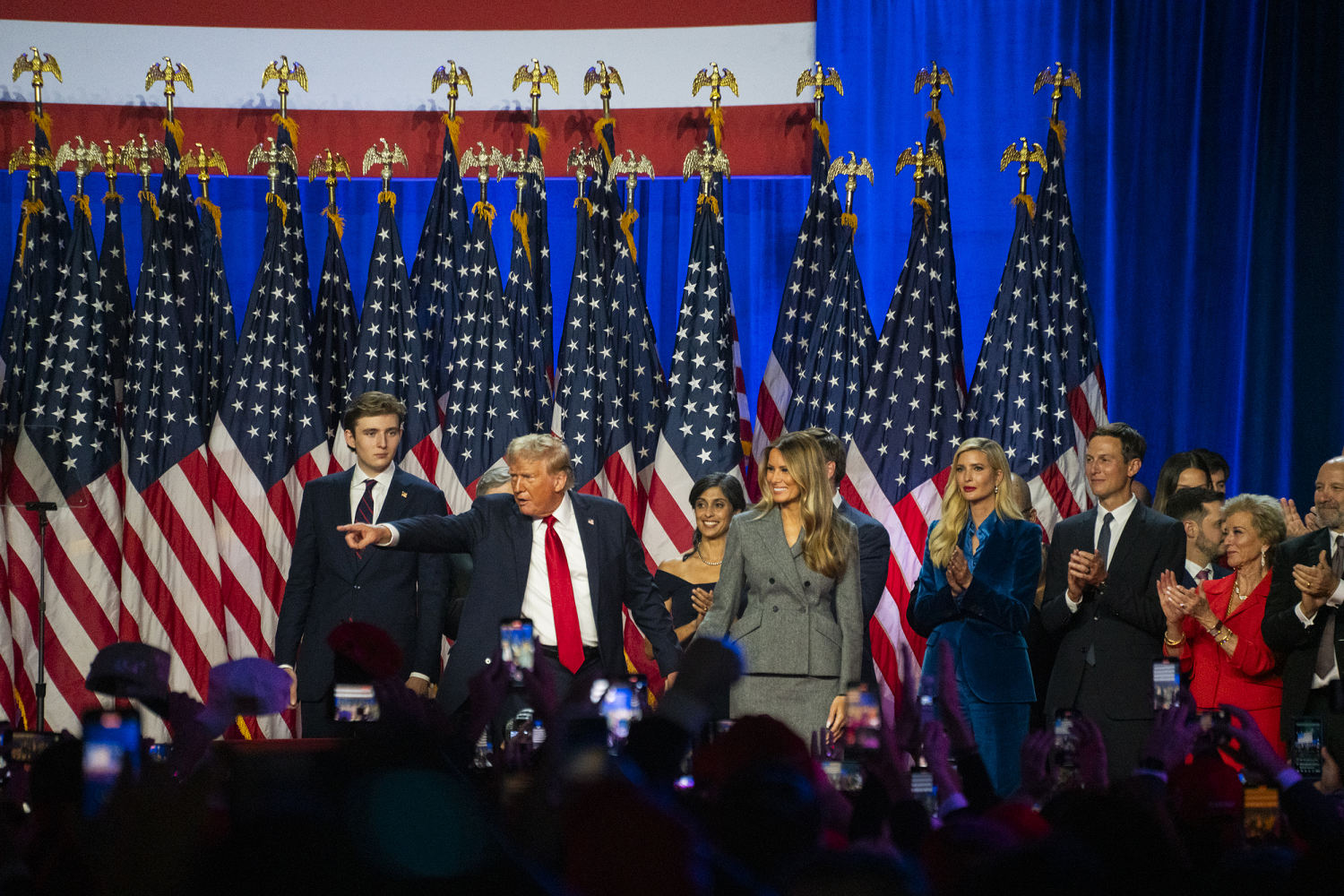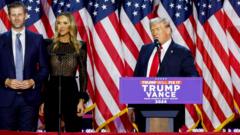Will this election change our pattern of political paralysis?

Next week, Congress convenes for its “lame duck” session — the period after an election and before its final adjournment.
These sessions can produce surprises in the form of major enactments to deal with newly emerging crises. Usually, though, they are about wrapping up overdue appropriations bills to fund the government for the remainder of the fiscal year. That still involves plenty of legislative negotiations and bickering between the parties, the two houses and the administration. Once all those money matters are finalized, members are more than happy to leave town and enjoy the next few weeks at home.
Following Tuesday’s election, we know Donald Trump won the White House and the Republicans will gain control of the Senate. The House, which had been narrowly controlled by Republicans, remains too close to call. Party control of government from the top down has been tenuous at best. Consequently, the parties have spent more of their time and energy jousting with each other than seriously trying to solve the problems of the day. Think of Congress as a mirror that reflects the mood of the electorate which is similarly dour and divided.
This is what we have been experiencing for at least the last two decades. The question remains whether a near-gridlocked federal government, torn by internal popular differences and divisions, will be able to move the ball towards distant goals for the public good.
The lame-duck Congress over the next two months is not expected to produce any dramatic major final acts. One benefit of the lame duck period though is the opportunity for transition planning, especially for the new Congress and, in a quadrennium, for the new administration. Members are already putting in their bids for new committee assignments and the parties are preparing their legislative agendas and House rules packages.
The presidential transition teams are vetting their loyalists for potential Cabinet and subcabinet officers just as Senate committees are already gearing-up for confirmation hearings. Moreover, presidents-elect appreciate the opportunity to meet with key congressional leaders and committee chairs to concoct and coordinate their legislative initiatives for the next Congress to consider.
So, the lame duck transition period is not a waste of time or energy by any means, though most members are chomping at the bit as the holidays approach just to get out of town, with some measure of dignity still intact, and reunite with their families and constituents.
The question that has been bothering me now for the last few decades is what, if anything, can change this predictable pattern of political paralysis. There are no apparent heroes on horseback galloping over the hill to rally the contending forces to consider a change in course and tactics. A new spirit of cooperation and compromise seems as elusive as ever.
In our history as a country, it seems that stasis has only been shattered by earth-shaking crises like the outbreak of a war or a depression. Such action-forcing upheavals cannot be programmed on demand, nor should they be. Surely there are better ways to forge a new spirit of national unity and citizen commitment to its fulfillment.
To coin a phrase: When you keep running into dead ends that get you nowhere, carve-out your own road with a clear destination and your desired outcome in mind.
Don Wolfensberger is a 28-year congressional staff veteran culminating as chief-of-staff as the House Rules Committee in 1997. He is the author of, “Congress and the People: Deliberative Democracy on Trial” (2000), and, “Changing Cultures in Congress: From Fair Plays to Power Plays” (2018).
-
A swift election can end Germany’s political paralysis
World - Financial Times - November 7 -

Climate Change Is Losing Its Grip on Our Politics
Top stories - The New York Times - November 13 -

Deepfakes didn’t disrupt the election, but they're changing our relationship with reality
Politics - The Hill - November 6 -

2024 was yet another 'change' election: From the Politics Desk
Politics - NBC News - November 11 -

Don’t Blame Polling for Our Infuriating Politics
Top stories - The New York Times - 2 days ago -
Bears not changing QBs: Williams 'is our starter'
Sports - ESPN - November 11 -
How people in recovery hope to change the political landscape
Top stories - CBS News - November 3 -

Donald Trump: America has given us a powerful mandate
Top stories - BBC News - November 6 -
We're locking in a 52% gain in this hot industrial stock and changing our rating
Business - CNBC - October 29
More from The Hill
-

The Ukraine war Trump could inherit after Biden’s escalation
Politics - The Hill - 39 minutes ago -

Bill Clinton: Trump has done 'everything he could' to 'destroy' confidence in government
Politics - The Hill - 47 minutes ago -

Senate Democrat: Trump wants to 'subjugate' GOP senators with Gaetz appointment
Politics - The Hill - 48 minutes ago -

More Republican women buying guns: Gallup
Politics - The Hill - 48 minutes ago -

Man convicted of plotting to kill agents investigating his role on Jan. 6
Politics - The Hill - 50 minutes ago